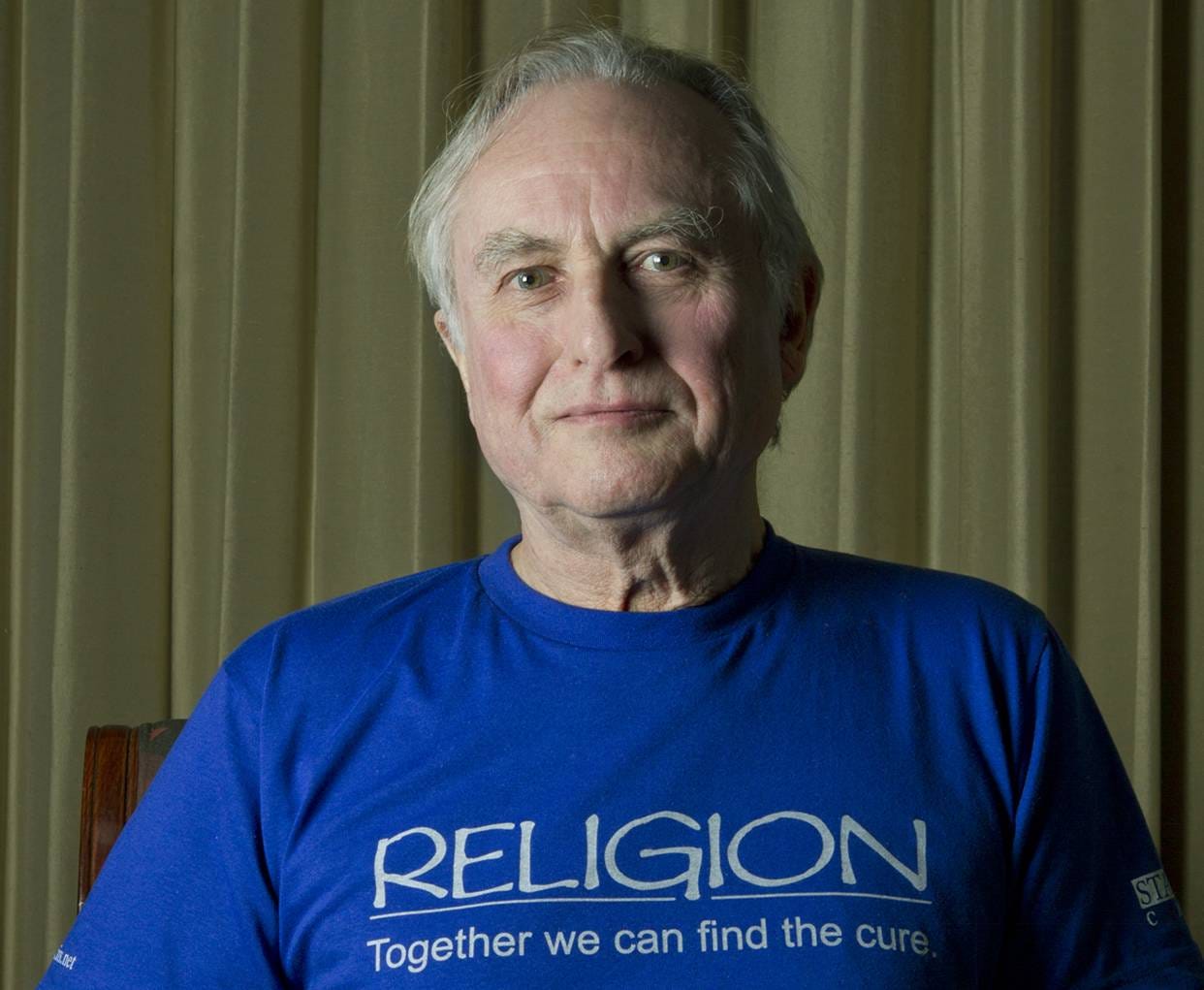A while back I did a review of The God Delusion. I plan to create a section for book reviews and will start with that book and repost my review in this iteration of The Glob.
Meanwhile as I was reviewing my review, I ran across this assertion from Dawkins and my thoughts on the subject:
…he then asserts that logicians have noticed that omniscience and omnipotence are mutually incompatible. I have to assume his presentation of what “logicians” say is as off the mark as his presentation of what Aquinas says, otherwise, he should find some new logicians. But here is what “they” say (from Chapter 3, page 101):
If God is omniscient, he must already know how he is going to intervene to change the course of history using his omnipotence. But that means he can’t change his mind about his intervention, which means he is not omnipotent.
He calls this a witty little paradox.
The problem is it is not a paradox as the word is commonly used, i.e., a literary paradox, such as “Youth is wasted on the young.” It is not even a logical paradox along the lines of “This statement is a lie.”
Paradoxes have genuine use. They can point to something that is difficult to state outright. They can show where an argument needs to be refined or better defined. Many apparent paradoxes resolve with a change of perspective, or a broader perspective. The value of an apparent paradox in general is that it can make clear where definitions thought to be rigorous are not.
But this “witty little paradox” is simply a content-less statement masquerading as having meaning. It’s not a paradox by either sense of the word.
If the above is actually what “logicians” say, then Dawkins is overly impressed by his logicians. Under what possible scenario would an all-knowing, all-powerful being ever want or need to change his mind?
The answer is “no possible scenario.”
If a being is all-knowing, by definition, he knows all. To change his mind, among other things, would indicate that this faux omniscient being became aware of something of which he was previously unaware. Since that cannot happen with an actual all-knowing being, the all-powerful part is irrelevant. For a being to change his mind does not require it be all-powerful. Rather, it requires the being to not be all-knowing.
An all-knowing being would never need to change his mind. Saying he can’t change his mind because he never would have a need to, isn’t even correct. It isn’t that he can’t– it’s not about “can” or “can’t”–it is that he will never need to change his mind. If you are all-knowing and all-powerful then you have already set everything up as it should be and a complete lack of any need to alter anything you have set up is a demonstration of power, not weakness.
But Dawkins thinks this “paradox” is clever.
###
I probably won’t email these Ephemera every time as I don’t want to clutter up everyone’s email box. But, they will be available on the website under the Globservations section. Oh, and Happy Thanksgiving!


